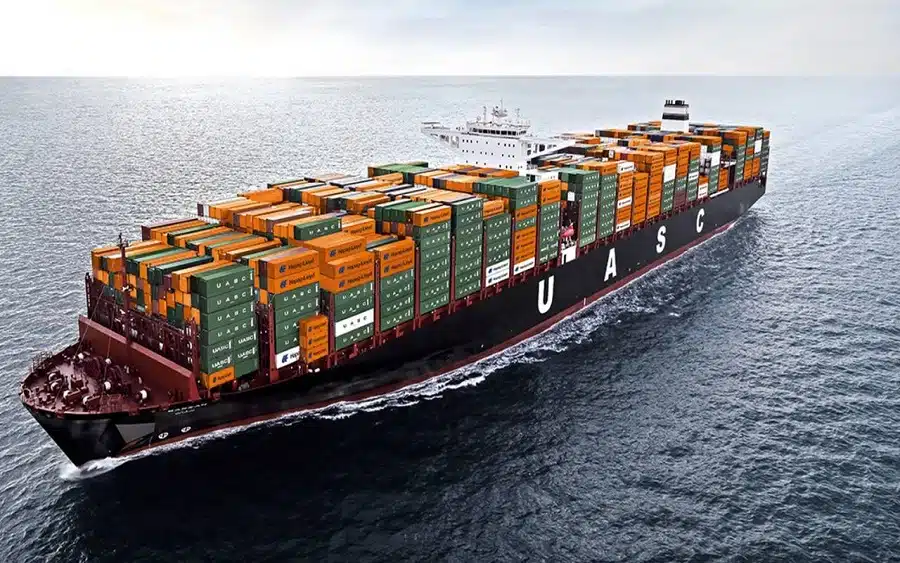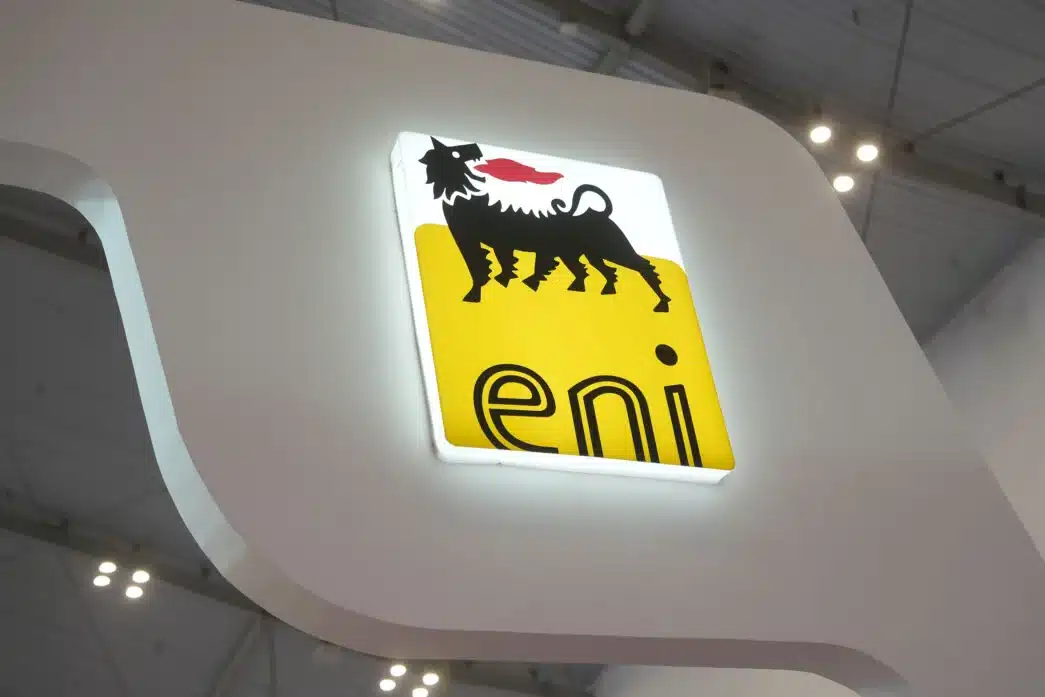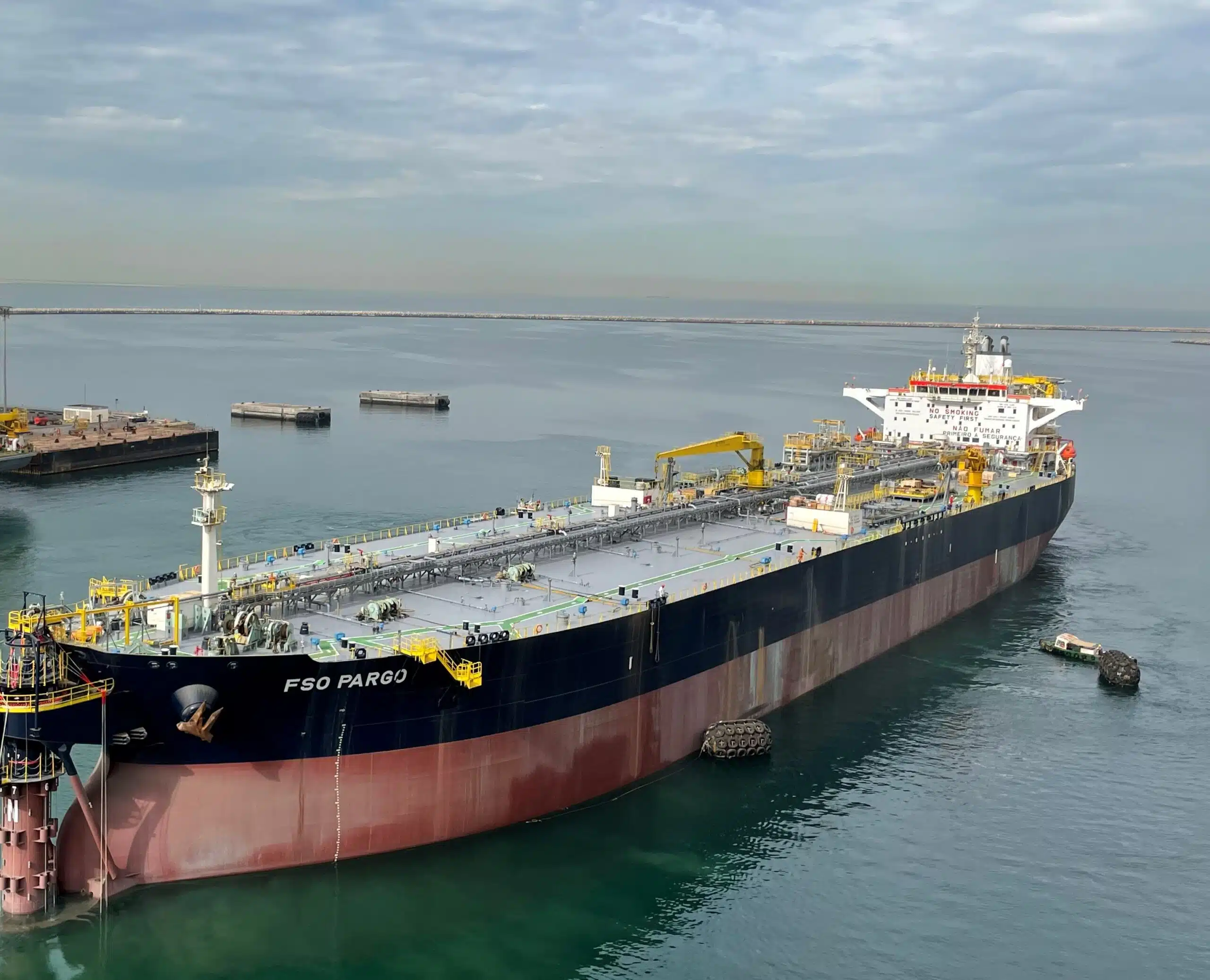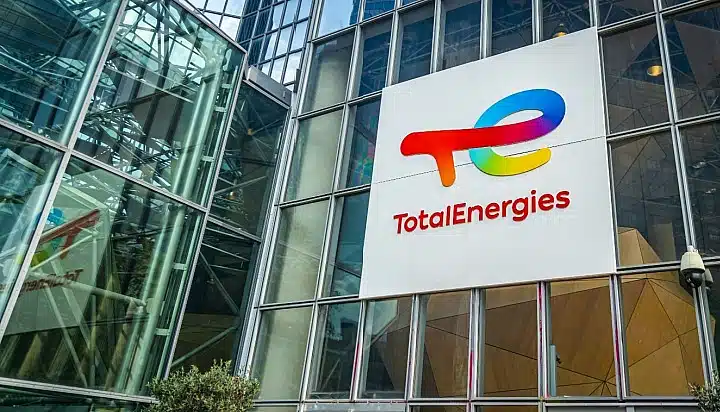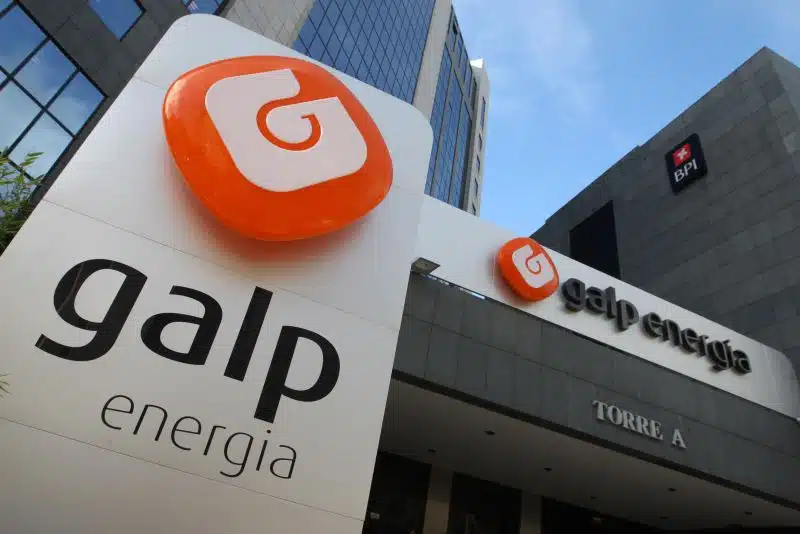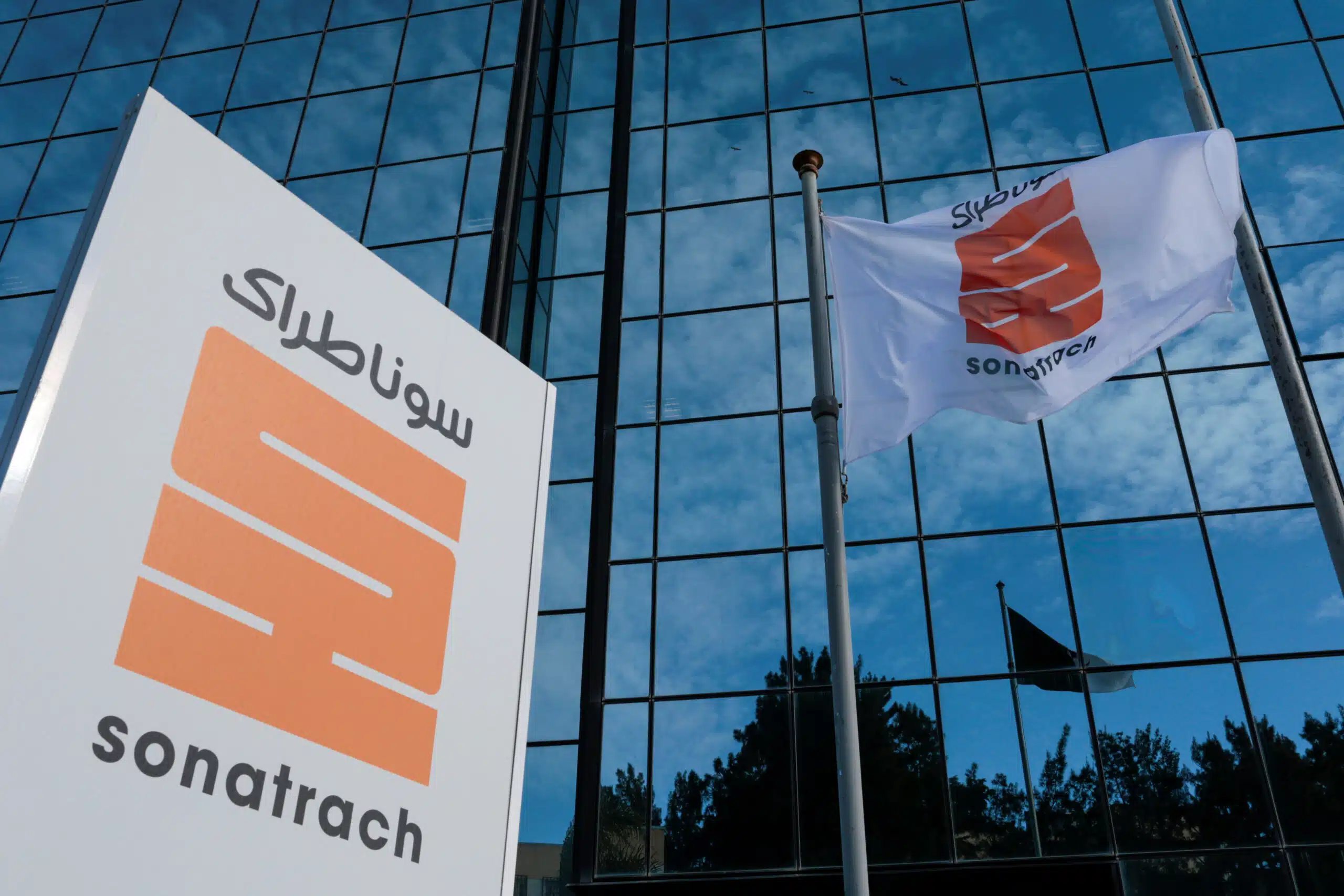Pakistan Refinery Limited (PRL), a majority-owned subsidiary of Pakistan Oil Company, is set to purchase 500,000 barrels of Nigeria’s Bonny Light crude through Vitol this September, its first-ever cargo from Africa’s largest oil producer.
Local sources confirmed the plans over the weekend, noting that Asian refiners are increasingly seeking cheaper alternatives to Middle Eastern oil.
As of 2023, Pakistan’s oil production was below 100,000 barrels per day, far short of the country’s refining needs. This leaves many plants dependent on imports.
Vitol is expected to begin loading the light, sweet crude later in August, with delivery to Karachi slated for late September.
Although details of the planned lifting remain undisclosed, the purchase follows another tender issued by Pakistan for crude imports from the North Atlantic region.
Pakistan’s Cynergico recently signed its first deal to import U.S. crude in October, also through Vitol.
Vitol, one of the largest energy traders in Africa, operates in several countries including Côte d’Ivoire, Ghana, the Republic of the Congo, and Nigeria.
In February, the company won over $250 million in compensation after a London court ruled against Nigeria LNG for failing to deliver contracted cargoes.
Pakistan explores new crude sources
These recent crude import deals open new market opportunities in Pakistan’s oil supply strategy.
The country traditionally sources almost all its crude from the Middle East, primarily from Saudi Arabia and the United Arab Emirates.
However, high regional prices have prompted refiners in Pakistan and across Asia to diversify.
Targeted grades include U.S. West Texas Intermediate, Kazakh CPC Blend, and Nigeria’s Bonny Light; all valued for their high yields of gasoline and diesel.
This is the first time Pakistan has ordered Nigeria’s flagship Bonny Light, although it imported Nigeria’s Yoho crude in 2014.
Pakistan’s dependence on imported crude
Oil is Pakistan’s largest import category, with more than 70% of supply coming from abroad.
This heavy dependence exposes the country to oil market volatility and occasional domestic power shortages when supplies are disrupted.
In the fiscal year ending June 30, 2025, crude oil and petroleum products accounted for $11.3 billion in imports. That’s nearly 20% of the national import bill.
However, sourcing crude from Nigeria may be unsustainable for Pakistan in the long term, given that it is not a primary buyer.
Nigeria’s largest refiner, Dangote Refinery, plans to process 100% local crude by the end of 2025.
The 650,000 bpd facility, currently operating at 85% efficiency, is undergoing upgrades that could raise efficiency by up to 20% before year-end.
What this means for Nigeria
As highlighted in our earlier report, Dangote’s plan could reduce Nigeria’s crude export volumes, potentially impacting oil revenue.
Domestic crude prices are likely to be lower than global benchmarks, driven by the government’s Naira-for-crude policy.
Increased domestic refining demand may also strain future crude production if volumes do not rise.
Pakistan’s move to import Nigerian crude follows India’s IOC lifting 3 million barrels from Nigeria in April. The move was linked to reduced Russian imports.
The developments show Africa’s growing role as a reliable energy partner for Asian refiners, especially at a time when global energy dynamics are shifting.

